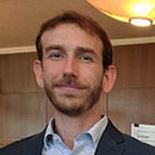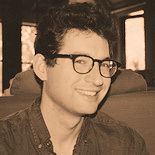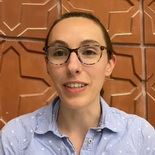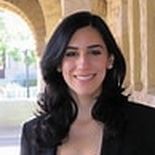
The Scholarship recipients 2021 Information is from the applications
 Jerika Barron, UC San Francisco, Biomedical Sciences (Norall award)
Jerika Barron, UC San Francisco, Biomedical Sciences (Norall award)
We received a thank you note from Jerika
View a video of Jerika describing her work
Jerika studies neuroimmune interactions during brain development. The broad goal of her research is to "understand the influence of the immune system on the developing brain." Her interdisciplinary work "brings together neuroscience and immunology and has revealed a novel role for immune cells in synapse development." The hope is to help "understand diverse disorders such as epilepsy, autism, and schizophrenia and . . . help identify ways to harness immune functions in a therapeutic manner to restore synaptic connections."
To quote one of her professors, "Her work has changed our understanding of how immune signals impact the development of the brain, and will shape our lab's studies for years to come." She has also demonstrated "persistence and tenacity" in her lab work.
 Gil Breger, UC Berkeley, Near Eastern Studies
Gil Breger, UC Berkeley, Near Eastern Studies%20Caspi,%20UC%20Davis,%20Ecology%20headshot155x155.jpg)
.jpg)





155x155.jpg)